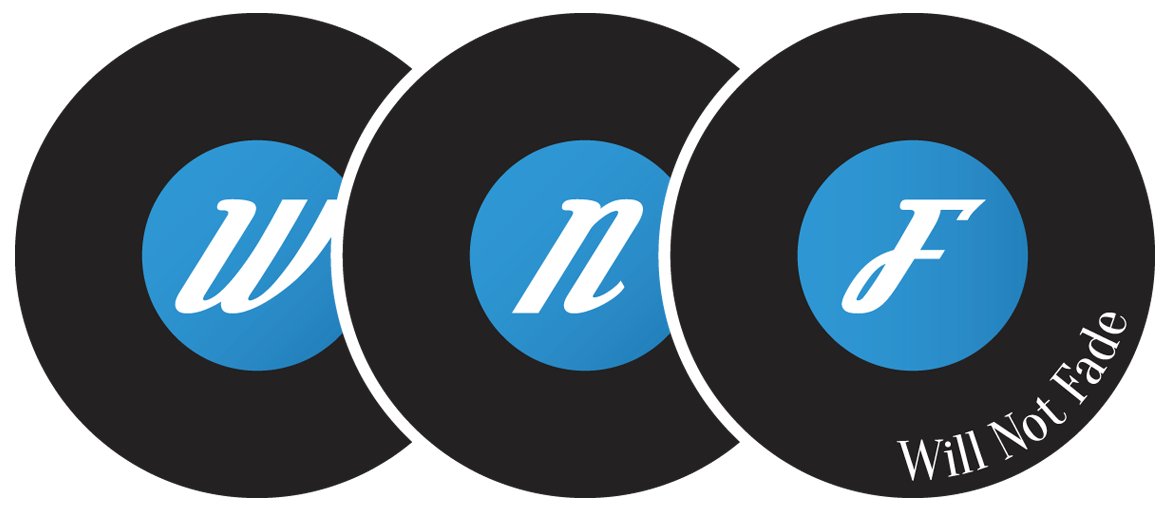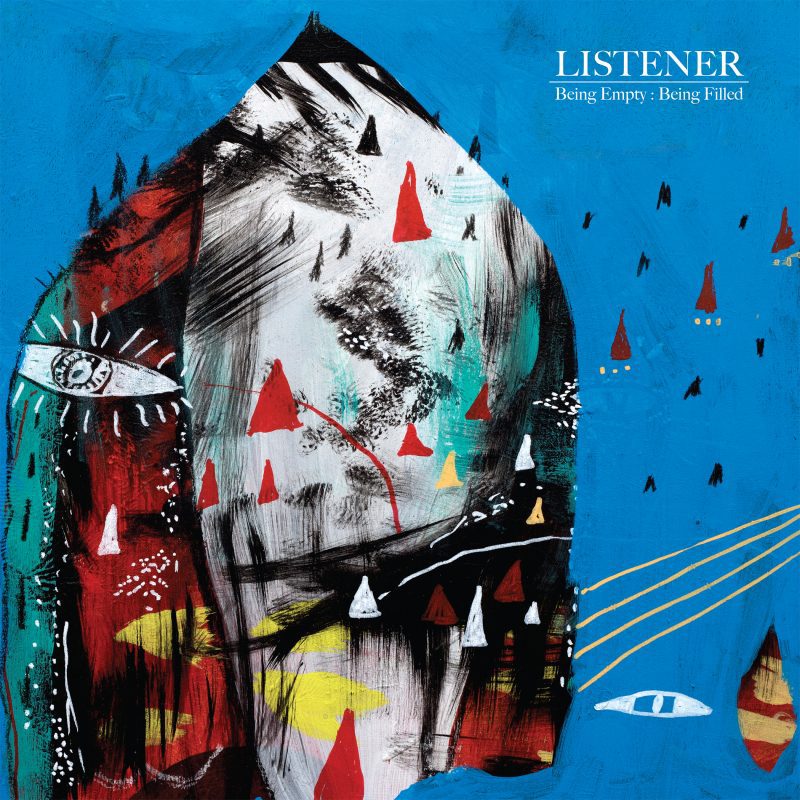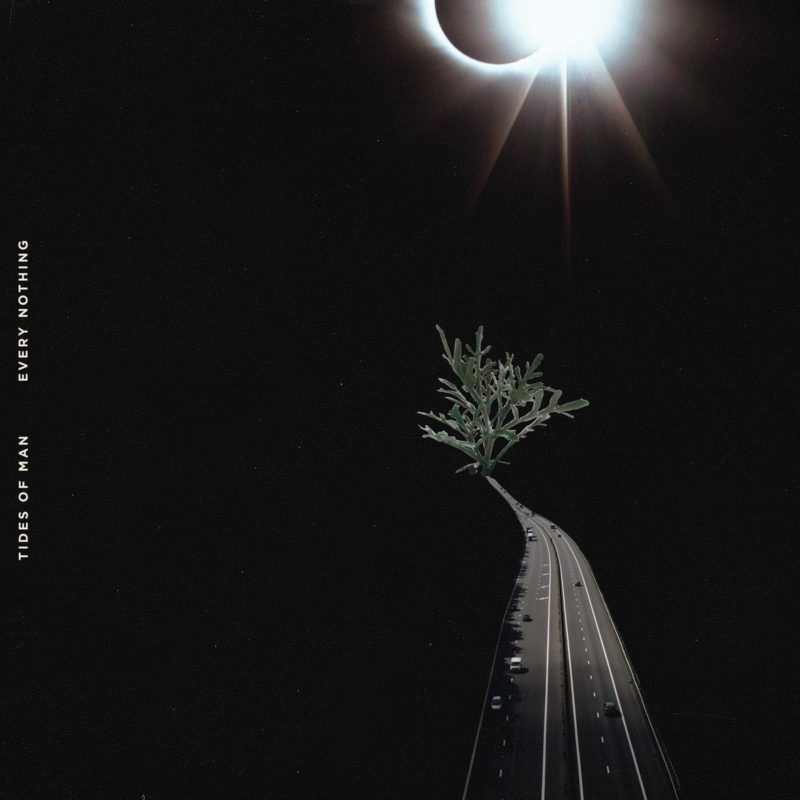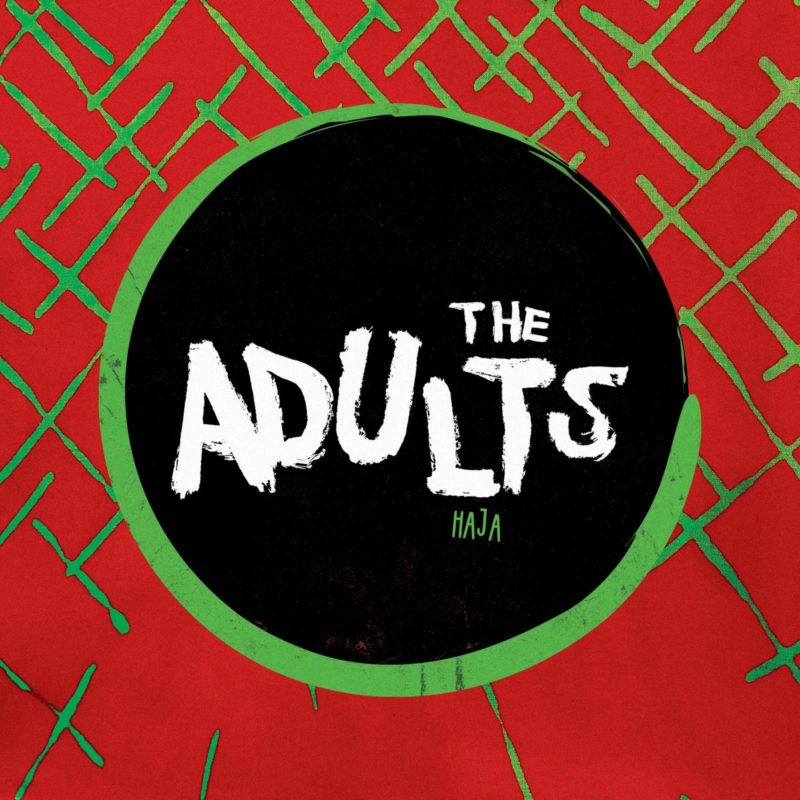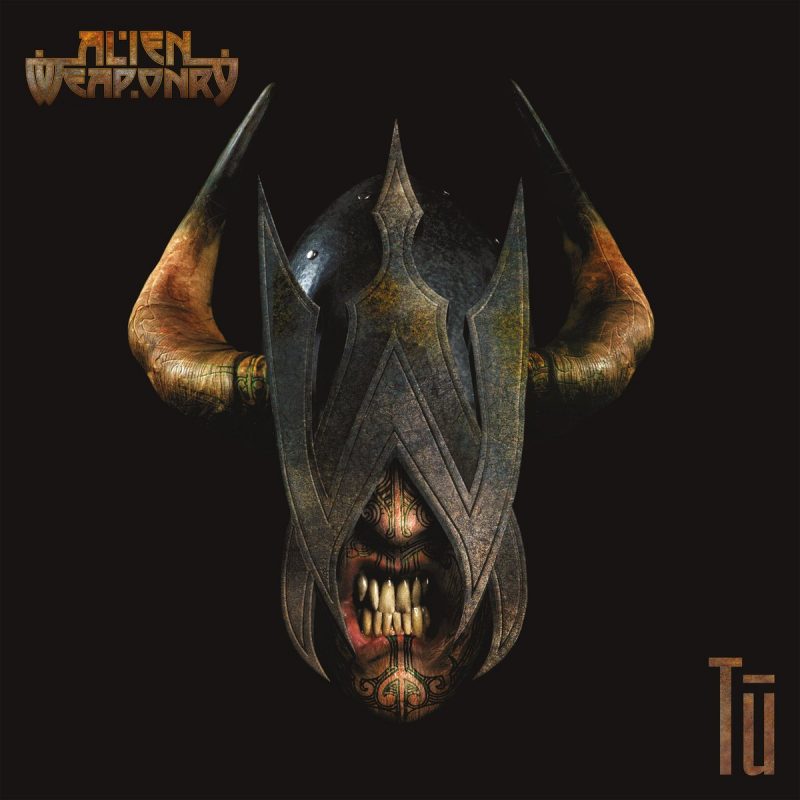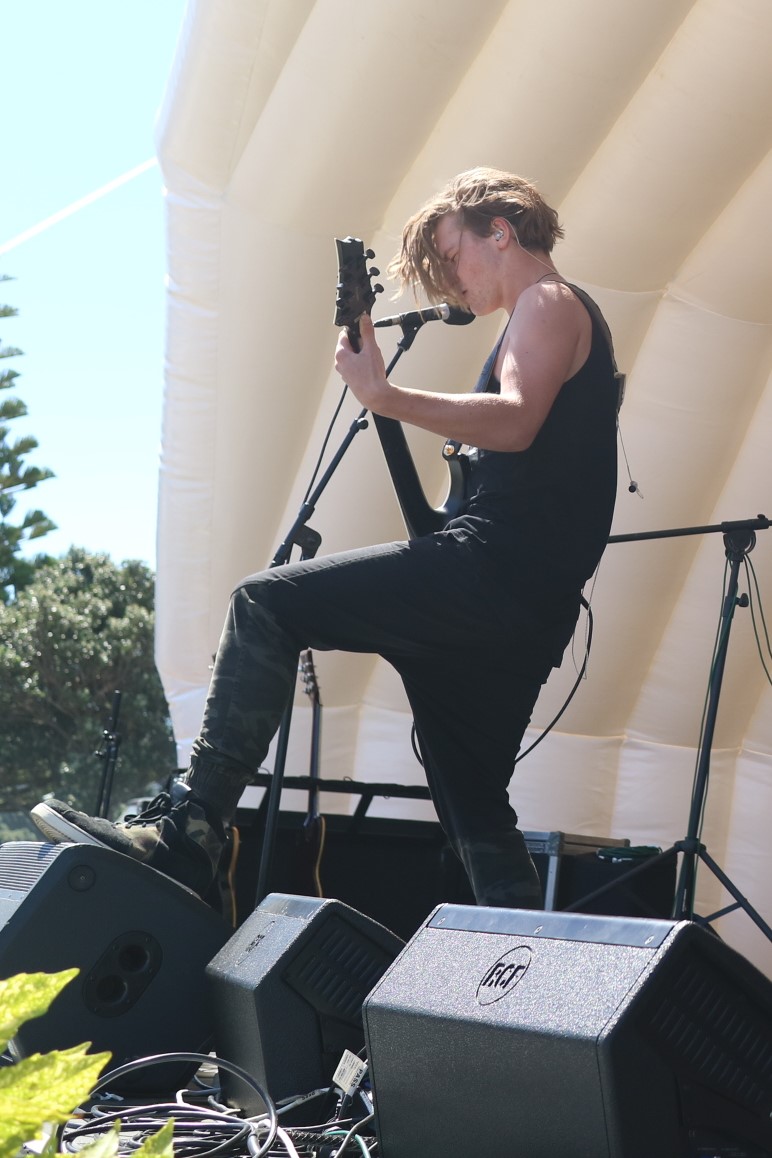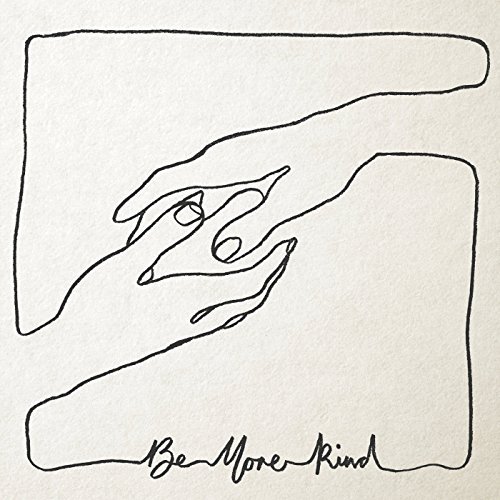Listener are a polarising band. Intensely poetic – with strong focus on vocal delivery – they either draw you in with their rich lyrically constructed worlds, or push you away with the non-conventional vocals. Maybe you’re already familiar with Listener. If you like other acts like La Dispute and mewithoutyou you should really check them out.
Half the fun is interpreting the lyrics. Both descriptive and cryptic, they can rip your heart apart or restore your faith in humanity. It all revolves around frontman Dan Smith’s impassioned delivery. His voice cracks with intensity. You can picture him on the cusp of collapsing into a teary mess. But he also has the ability to tenderly pick you up and tell direct truths that demonstrate beauty and hope.
Being Empty : Being Filled is Listener’s fourth record, a concept album that explores the lives of notable inventors. The songs were released over an eight month period across a series of 7 inch vinyl EPs and Youtube videos.
Listener delve into the lives of the inventors. Who are these people who the songs centre around? Maybe we know what they are famous for, but do we know about the lives that they lived? It is a fascinating concept. I wouldn’t even say Listener necessarily chose inventors that they look up to and admire. But no matter how useful the invention (ranging from cryogenics to denim jeans), each inventor still has a story.
The figures in focus range from groundbreaking scientists like Robert Oppenheimer (The Father of the Atom Bomb) and Nikola Tesla; to others who may seem mediocre by comparison, but are no less essential (such as Levi Strauss, and Moms and Dads). Good to see that they included some female inventors in their selection too (Stephanie Kwolek – known for kevlar, and Marie Curie – who studied radioactivity).

Dan Smith’s solo Still Life EP (2015) – the last Listener-affiliated release – was a stripped back affair. By comparison, Being Empty : Being Filled is a full sounding rock record. I was actually shocked by the opening chords of the album. It sounds surprisingly full, considering how in the past the music has taken a backseat to allow the vocals a chance to shine.
Smith’s vocals don’t take up so much of the spotlight this time, but he is still compelling. Energy, emotion and dynamic delivery are three critical factors that help us relate to music, and Smith offers it all in spades. He bellows cryptic lines with accusatory tones, maybe not in condemnation, but with enough passion to invite interest. Take this lyric, for example: “October is my favorite color”. What does that mean?
The brilliant music help to add gravitas to these stories of struggle and success. Victorious trumpets support Levi Strauss’ triumphant work ethic. Sparse, lingering notes recount the forlorn tale of Rudolph Diesel, who managed to create his engine, but separated himself from his loved ones in the process. In “Plague Doctor” screeching feedback and frenzied distortion transforms into electrifying, foreboding doom.
Layers of emotion and intensity overlap as the music syncs with the stories. I wouldn’t even say that the tone of the music matches the tone of the stories. I would attach feelings of hope and wonder with conceiving and raising a child, but dense, distorted chugging creates a sense of desperation in ” Little Folded Fingers”. And during “Manhattan Projects”, when we hear Robert Oppenheimer’s immortal line (“I am become death, the destroyer of worlds”) the melody is light and wondrous – followed soon by guitar chugging that mimics dropping bombs – but then offset by a lovely trumpet tune. But my interpretation of themes are subjective, and whether the messages and musical moods marry or not, they both offer engaging and compelling listening.
Being Empty : Being Filled is vastly different from Listener’s previous output because it feels more fleshed out. The music is intense and dynamic enough to match the vocals. Enough riffs to rock out to, enough intrigue to pique interest, enough poetic lyrics to keep you thinking, and enough pathos to make the album feel like an experience. I’ll award bonus points for exploring such a compelling concept as well. This album has motivated me to research some of the figures who Listener pay homage to with these songs.
Admittedly, I was already a Listener fan before this record came out, but I find it a vast improvement upon their previous output. Give it a listen. Even if you don’t like it, I’m sure you can admire the originality and creativity injected into it.
Listener links:
Website: http://iamlistener.com/
Facebook: https://www.facebook.com/listener
Soundcloud: https://soundcloud.com/iamlistener
Youtube: https://www.youtube.com/user/listenerproject
Instagram: https://www.instagram.com/listenerfamilyband/
Twitter: https://twitter.com/listener
LISTENER 2018 AUSTRALIA & NEW ZEALAND TOUR (Tickets link)
Listener are coming to Australia and New Zealand thanks to Reverse K and Valhalla Touring.
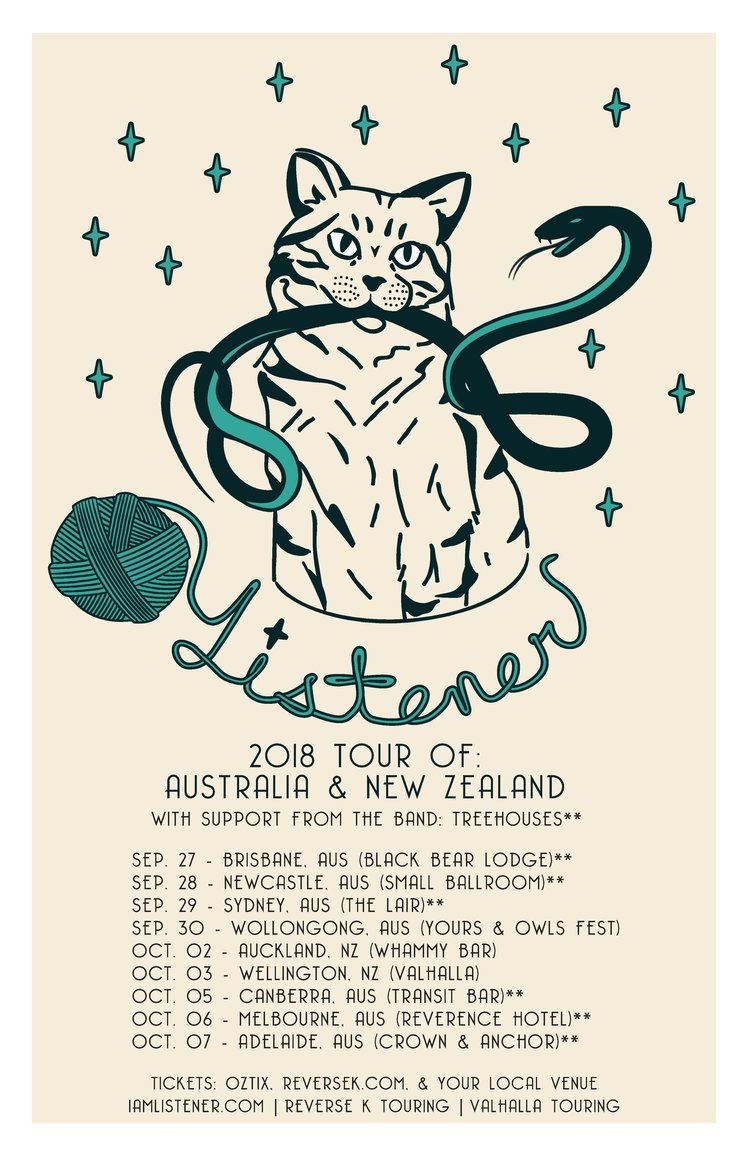
Review written by Joseph James. Come say hi if you see me at the Wellington show.
